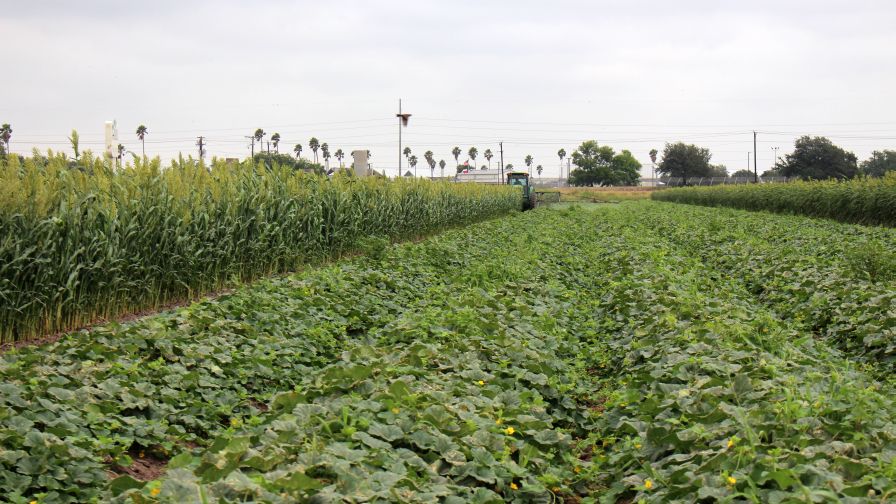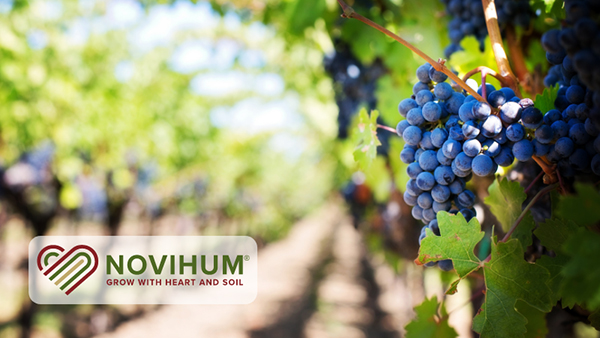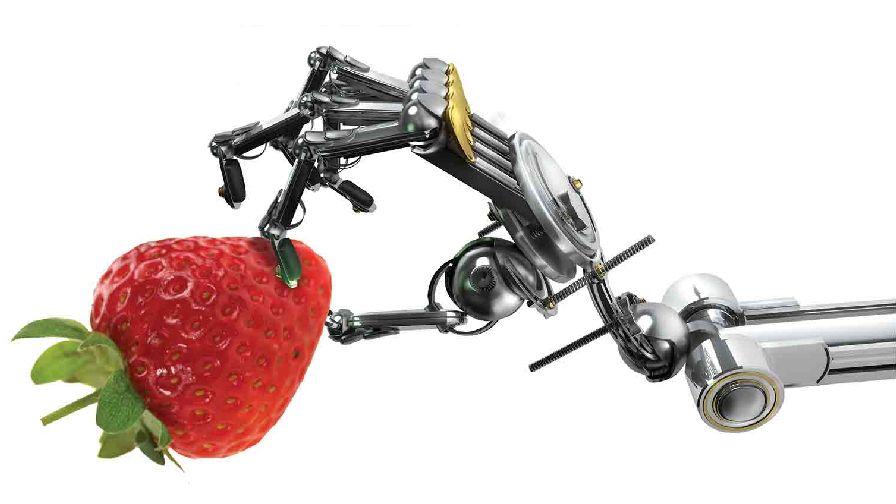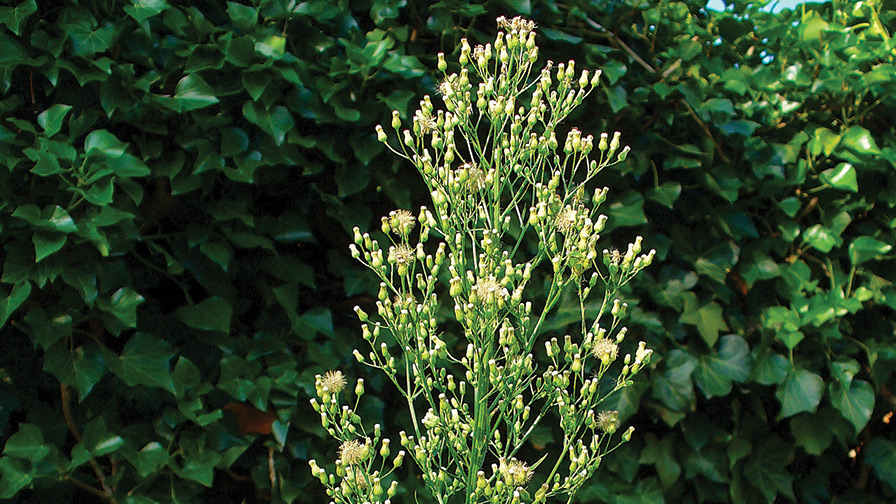ASEV Names First Technical Program Director, Announces Best Research Papers
Andrew Walker of the University of California (UC)-Davis has been appointed by the American Society for Enology and Viticulture’s (ASEV) Board to serve as its first technical program director. The new board position, which was created with a bylaw revision last year, will play a pivotal role in ensuring dynamic, timely, and innovative programming for all ASEV events, including the society’s national conference.
“Dr. Walker brings significant leadership and research expertise that will enhance the direction of programs developed by ASEV,” says Executive Director Lyndie Boulton. “We are honored to have him join our team and support our efforts in fostering a technical program platform for our members and other wine and grape industry professionals.”
As the technical program director, Walker will be responsible for developing programs that support the dissemination of grape and wine research efforts, both basic and applied, for ASEV symposia and seminars, including the ASEV’s national conference in June and the Unified Wine & Grape Symposium in January. The volunteer position is a three-year appointment that will provide leadership for the Technical Program Committee in developing the technical programs with key topics and engaging appropriate speakers.
“I am thrilled to be working with an organization with a long tradition of strong research and industry information sharing such as ASEV,” says Walker. “My goal is to develop programs that will provide industry professionals with applied research results they can take back to their companies and industry associations as well as programs that offer basic research topics that generate discussion and further investigation. I want to expand science-based programs, communicate them to a broader audience, and encourage more student involvement.”
Walker currently holds a position as a professor and geneticist in the Agricultural Experiment Station, Department of Viticulture and Enology, at UC-Davis, and lists more than 20 years of research with a focus on developing rootstocks with resistance to fanleaf degeneration, nematode complexes, phylloxera and, more recently, salinity and drought tolerance. He is also actively involved in breeding wine and table grapes with resistance to Pierce’s disease and powdery mildew.
In addition to teaching and research, he has served as the chair of the Horticulture and Agronomy Graduate Group since 1997, which oversees the master’s and doctorate programs in the Plant Sciences, and was vice chair of the Viticulture and Enology Department from 2005 to 2008.
Walker served as secretary-treasurer for the ASEV from 1999 to 2004 and is an associate editor for the American Journal of Enology and Viticulture. He is chair of the National Grape Crop Germplasm Committee, which advises the USDA Grape Germplasm Repositories and represents grape germplasm interests at the national level.
ASEV selected Walker as the Honorary Research Lecturer in 2009, and he has held the Louis P. Martini Endowed Chair in Viticulture since 2001.
ASEV Selects Best Enology And Viticulture Papers
Innovative research deserves recognition, and in the field of enology and viticulture, ASEV’s Best Paper Awards are very well regarded. Based on groundbreaking research from around the world published in the American Journal of Enology and Viticulture (AJEV), the society has selected the 2011 Best Papers Award, which will be recognized at the ASEV’s National Conference on June 20-24 in Monterey, CA.
The best viticulture paper is awarded to Spanish researchers Pascual Romero, Jose Ignacio Fernández-Fernández, and Adrián Martinez-Cutillas of Instituto Murciano de Investigación y Desarrollo Agrario y Alimentario for their paper titled “Physiological Thresholds for Efficient Regulated Deficit-Irrigation Management in Winegrapes Grown Under Semiarid Conditions.”
The committee also selected the top enology paper, a research collaboration between the University of California-Davis, and Murdoch University, Australia, titled “Effect of Simulated Shipping Conditions on Sensory Attributes and Volatile Composition of Commercial White and Red Wines.” Authors of the paper are Anthony L. Robinson of Murdoch University, Australia; Martha Mueller, Hildegarde Heymann and Susan Ebeler of the University of California-Davis; Paul K. Boss of CSIRO Plant & Industry Food Futures Flagship, Australia; Peter S. Solomon of the Australian National University, Australia; and Robert D. Trengove of Murdoch University, Australia.
“With so many well-written papers submitted, making a selection was difficult. It is exciting to be able to share this information on topics of great interest and to learn from such excellent researchers. These complete studies are a solid foundation from which many other research projects can expand,” says Leticia Chacon-Rodriguez, committee chair. “The ASEV is eager to see the contribution these papers will have on the future of our industry.”
Each year, the ASEV best paper committee reads and evaluates all the research articles published in the AJEV during the previous year and selects one paper in viticulture and one in enology that reflect outstanding research and a substantial contribution to their fields. The 2010-11 committee members include: Leticia Chacon-Rodriguez (chair), Treasury Wine Estates; Enology: Torey Arvik, Jackson Family Farms; Tim Milos, consulting winemaker; Trevor Phister, North Carolina State University; Viticulture: Terry Bates, Cornell University; Mark Greenspan, Advanced Viticulture; and Julie Tarara, USDA-ARS, Washington. The authors will be presented with a plaque and monetary award at the June 2011 ASEV National Conference in Monterey. Both best papers are currently highlighted at www.ajevonline.org and are available free of charge.
Formed in 1950 as a professional society dedicated to the interests of enologists, viticulturists, and others in the fields of wine and grape research and production, the ASEV’s membership of more than 2,500 includes professionals from wineries, vineyards, academic institutions, and organizations. For more information, visit www.asev.org.










